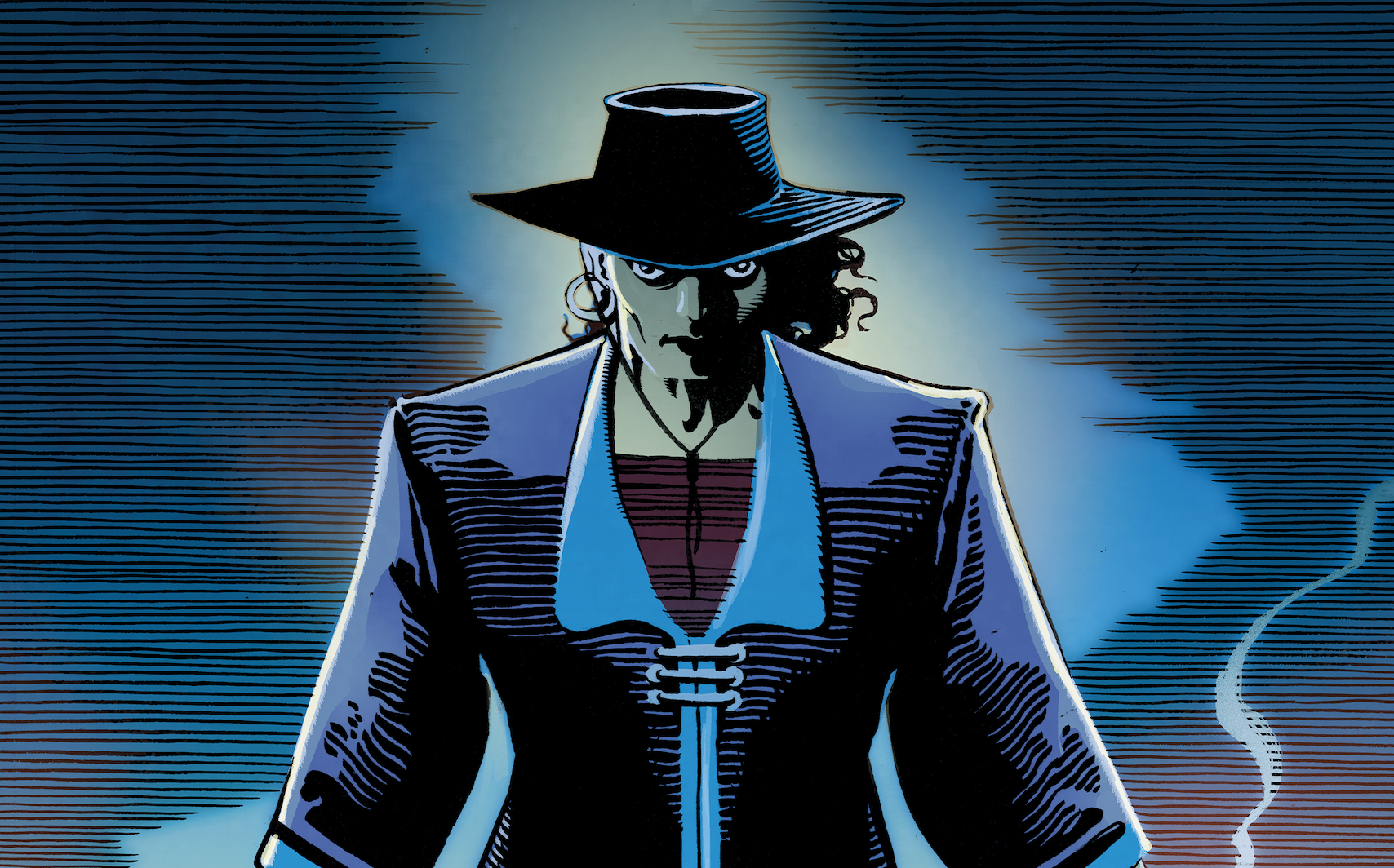
By Alice Early
I wanted to write fiction since I was about seven. Life got in the way. Starting in college, where I majored in English and wormed my way into the prized creative writing track, I’d already begun what I call my “checkered career.” I ran a bed and breakfast, solo, at 19, was an au pair, hitchhiked around the western US and Canada (alas my travel journal was lost in one of my many subsequent relocations), waitressed, and cleaned houses. After graduation, when I needed a “real job,” dreams of a writing life got pushed aside. But stringing words together was always a part of my work and a basis for my success. Now that my debut novel, ‘The Moon Always Rising‘, is out in the world, I’ve finally come full circle. That circle contains over 50 years of lessons that served me well in business and have surprising relevance to writing fiction. They’ve given me my central themes and my feisty female characters.
Through a combination of guts, timing, and luck, I managed to be the first or only woman in many of my career positions. A few examples: first female Dean at Bowdoin College (at age 24); first female head of the Alumni Placement office at Harvard Business School (at 30); first (and so far only) female head of New York office leasing for global real estate firm, Hines Interests; first female Global Real Estate Practice Leader for executive recruiting firm Russell Reynolds Associates. During the last three decades of the 20th century, I grew accustomed to being the only woman, often the youngest executive, and later the most senior woman in the room. It was lonely, terrifying, instructive, and exhilarating.
Most people’s career paths are evident only in retrospect. For me, the threads that bind seemingly unrelated choices are two things: listening and selling. Everything I’ve done required both, and everything has been about fit. In college admissions, executive recruiting, commercial real estate leasing and career-transition coaching, success requires listening to the parties’ needs and offerings and matching them up.
I would argue that these two skills, listening and selling, are critical to success in most endeavors. Maybe you’re with me on the listening part. Before you protest, “I’m not a sales type,” think about this. Teaching is selling. Acting is selling. Litigation is selling. Consulting is selling. Writing is selling. It’s all about finding a person’s wavelength and the words and emotions to reach them through it. To make them see, understand, believe, sympathize, decide, act.
As a woman, usually a fairly isolated one playing in the boys’ sandbox, the ability to listen and sell were critical to my survival and success. Guys, if you’ve noticed, sometimes listen poorly, being too busy trying to make and score points. Women are often far better listeners and, therefore, synthesizers. You succeed in sales if you’ve heard the other party’s problems and can sell into them. This extends to promoting your own brand, too, which involves selling yourself, your ideas, and your solutions to an audience that needs them. As a woman in business, I found my first challenge was always to establish and maintain credibility. Good listening and perceptive selling helps the other party believe they’re in honest, ethical, and competent hands. That you’ll deliver on your promises.
Being more adept at consensus-building, women are often better negotiators and problem solvers, and both sit at the root of sales. We learn to self-edit, to make our points succinctly, cogently, and thoughtfully because we get talked over and interrupted by men all the time. We learn to return the conversation to the topic when it’s been dragged off into someone’s ego trip. Most importantly, we’re often the ones to sum up the points of consensus and disagreement and frame the next steps.
I believe, in our new age of virtual meetings, listening and selling skills will be all the more important because who holds the power in the virtual room and whose voice dominates may shift. If you’re going to wrest the mic from the narcissistic blabber, you’d better be delivering the goods.
What does all this have to do with writing fiction? A lot, as it turns out. As a shy child, I was more observer than participant. Somewhere in high school, when leadership roles were thrust upon me, I added a layer of confident camouflage to that shy core, but I never outgrew the penchant for casing out a situation before opening my big mouth or taking action. Writers are first observers, then chroniclers. They are listeners who then “sell” through words, be they to entertain, amaze, illuminate or instruct. Under my business woman exterior, the heart of a writer kept beating. The constant pressure to create brochures and marketing materials, proposals, candidate profiles, legal documents, reports, and white papers kept me always seeking an elegant turn of phrase or a compelling argument. The writer in me strove for strong sentences in real English versus “business-speak” or jargon. Because good writing is more about revision than anything else, all those years honing language—my own and others’—make ruthless editing less painful now.
Without my business experiences, I doubt I’d be as comfortable writing male characters. I certainly wouldn’t have cast my protagonist in ‘The Moon Always Rising‘ as a sexually harassed investment banker. Enduring gender bias in the workplace for decades honed my central themes of women’s struggles to pursue their passions and ambitions. Years of contemplating people’s motivations and desires helped character development. The honor to be entrusted with hundreds of life stories engendered compassion. Like good salespeople, good writers make pacts with their readers who want to know from the cover and first page what they’re getting into—mystery, thriller, sci-fi fantasy, historical or other story. Readers don’t like bait and switch any more than customers do. The best writers understand what their audience wants, needs and expects. And they keep their promise to deliver it.
Do I wish I’d been able to write fiction all along? Is it hard to take up fiction again after so many years? Is writing something you can learn to do, or learn to do better, later in life? Yes, yes, and yes. Is making stuff up and connecting with readers more fun than the business work I’ve done? Hell yes. But I wouldn’t be writing what I’m writing, or have the skills to promote my work now. without all those years in the business trenches.
For me, the old saw “write what you know” translates into “use what you know.” While women have taken huge strides into every aspect of life and work, some of my “pioneer woman” experiences remain relevant. Swallowing terror and charging into the unknown. Faking it until someone (including me) took me seriously. Listening for the rich information that flows between the lines and hides in what isn’t said. Taking joy and courage from that spark of connection when something I said hit its mark. Realizing little of value is done alone. Expressing thanks and meaning it.
Seeing people’s defenses crumble and their minds open once they feel they’ve been truly heard has always been my measure of success. As a novelist, I hope my words will give expression to the deepest fears and feelings of my readers. Listening + selling = connection. As workers, leaders, writers, humans, we might all strive for that.


After a gender gate-crashing career spanning academia, commercial real estate, international executive recruiting, and career-transition coaching, Alice Early has returned to her first love—writing fiction. ‘The Moon Always Rising’, is her debut novel. Always happiest in view of the sea, she and her husband live on Martha’s Vineyard. They have visited the Caribbean island of Nevis, where much of this novel is set, annually since 1996.

















One thought on “My Gender Gate-Crashing Career Experience In Academia And Real Estate Led Me To Write My First Novel”